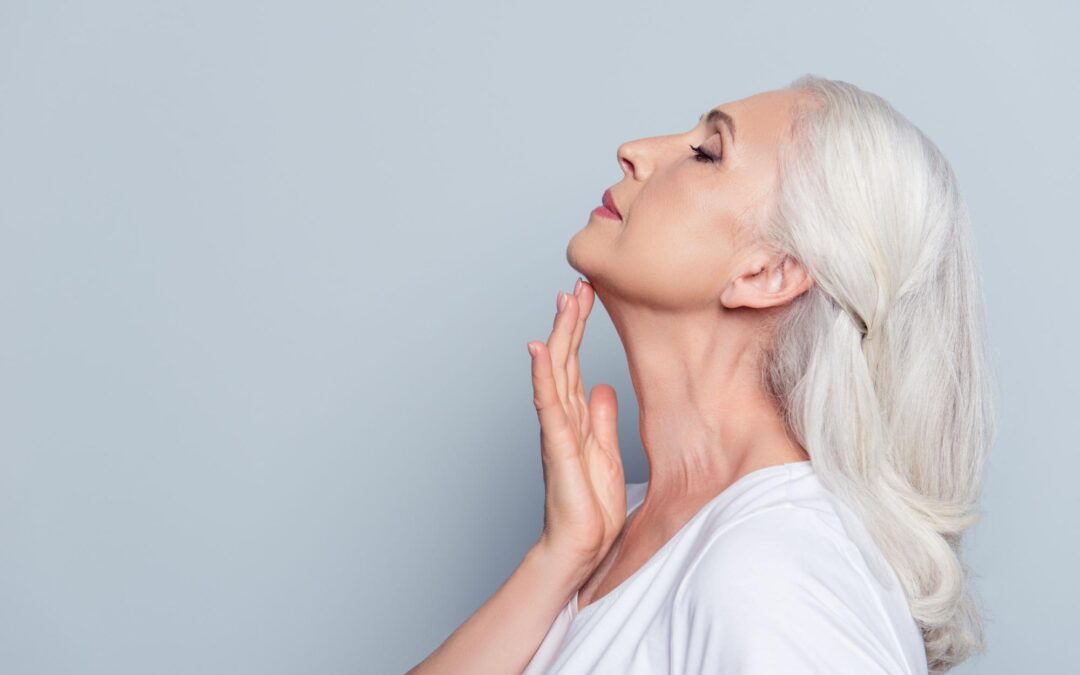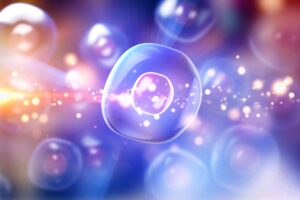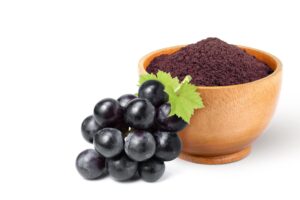Do you want smooth, soft skin that turns heads at any age? As you get older your
body begins to change. One of the first signs of aging people notice is your skin.
Think about it, we connect smooth, soft skin with youth and wrinkles with old age.
There isn’t anything wrong with getting older, but we want to help you age
gracefully. Even though aging is a normal part of life there are a few things you
can do to age well and keep your skin looking fresh.
Exercising and eating nutritious foods go a long way to help you age well. But
eventually many of us need a little extra help to achieve the fresh, youthful
appearance we once had. Using supplements can leave you with a healthy body
and smooth, soft skin.
You may be wondering what supplements support healthy aging? A google search
will show you thousands of results. It can be overwhelming to find the right
supplement for you. Here at LifeBotanica we want to show you scientifically
proven ways to age well.
Keep reading to learn what you can do to boost your body’s health and keep your
skin looking great.
One of the ways your body works to promote healthy aging is by using sirtuins.
Sirtuins are proteins responsible for activating several body processes. They can
delay age-related diseases, improve your skin and even help you live longer. There
are 7 sirtuins in the human body.
Of the 7 sirtuins, SIRT1 has been studied the most. Studies have shown SIRT1 is
involved in cell aging and death. [1] You can activate SIRT1 in your body to
promote healthy aging.
Here are 3 ways SIRT1 can promote healthy aging:
1. SIRT1 protects cells against oxidative stress (key for healthy skin).
2. SIRT1 controls how your body uses sugar and fat.
3. SIRT1 keeps your DNA stable.
SIRT1 protects cells against oxidative stress by producing antioxidants. By doing
this SIRT1 can help keep cells working well and even extend their life.
What is oxidative stress and why do your cells need
protection from it?
When antioxidants and free radicals aren’t balanced, your body experiences
oxidative stress.
Free radicals are oxygen-containing molecules with an uneven number of
electrons. Whenever chemical changes take place in a cell, free radicals are
produced in your body.
What are free radicals in the skin?
Most free radicals in the skin come from UV radiation from the sun. When your
skin is exposed to too many free radicals it can lead to wrinkles, age spots and
loose saggy skin. [2]
That’s because too many free radicals in your body lead to oxidative stress.
Oxidative stress isn’t always a bad thing. In fact, your body uses it to keep you
balanced. When you get sick or injured your immune system triggers oxidative
stress temporarily. This leads to mild inflammation that usually goes away after the
problem is fixed. [3]
Even though oxidative stress is a natural process, too much of it can damage cells
and tissues. This can harm your skin, increase your risk of disease and even speed
up aging.
A few steps you can take to prevent oxidative stress and protect your skin from
early aging are:
● Include antioxidant rich foods in your diet (like broccoli, carrots and
potatoes).
● Lifestyle changes (lower your stress and get enough sleep).
● Taking antioxidant supplements (Resveratrol is a great option).
Your skin creates antioxidants to fight against skin-damaging free radicals.
Antioxidants are substances that may protect your cells from free radicals. Your
cells naturally produce antioxidants like glutathione to fight free radicals. [4] But
sometimes there aren’t enough antioxidants to go around. That’s when antioxidant
supplements like Resveratrol can help.
What is Resveratrol? And how can it slow down skin aging?
Resveratrol is a potent source of antioxidants. It can remove or neutralize free
radicals that cause oxidative stress and harm your skin.
Resveratrol is a plant polyphenol (compound found in plants). It has been called an
elixir of longevity because of its anti-aging potential. It tells SIRT1 to make more
antioxidants in your body. [1] These antioxidants fight free radicals, lower
oxidative stress and promote healthy aging. In other words they work to keep your
body healthy and skin youthful for as long as possible!
Resveratrol works to protect cells from damage. You can think of it like an extra
layer of protection that surrounds your cell to keep it safe.
Where can you find Resveratrol?
Resveratrol is in red wine, red grapes and blueberries. So, including these in your
diet can raise Resveratrol levels in your body. If you want to make sure you’re
getting enough Resveratrol, diet alone may not be enough.
For example, blueberries only have a few micrograms of Resveratol each. So,
you’d need to eat about 10,000 blueberries to get the active dose. Another way to
get enough Resveratrol is through natural supplementation.
Age Defying Renew & Revitalize with Resveratrol
Want to learn about an all natural way to defy age and keep your smooth and
youthful skin?
Our Renew & Revitalize with Resveratrol supplement is the perfect way to have
both. Here’s what’s inside each bottle:
● Age Defying Resveratrol (for a beautiful body inside & out!)
● Wrinkle erasing CoQ10
● Anti-Aging Alpha Lipoic Acid
Unlike other antioxidant supplements that include one active ingredient. Our
formula includes effective doses of each to give you 3X the anti-aging power!
But you’ll get much more than that…
These ingredients will work from inside your body to promote healthy aging. So,
not only will your skin look incredible, your body will be healthy. Because what
good is looking younger if your body is sick and tired on the inside?
Try our 3X powerful Age Defying Renew & Revitalize with Resveratrol
supplement now to fully experience ‘Beauty From Within’!
Click the link below to order your bottle today:
https://lifebotanica.com/product/age-defying-resvinol-500mg-60-tablets/
References
1. Moraes, S. D., Moreira, D. C., Andrade, J. M. O., Santos, S. H. S. (2020, December). Sirtuins, brain
and cognition: A review of Resveratrol effects. IBRO Neuroscience Reports. 9, 46-51.
https://www.ncbi.nlm.nih.gov/pmc/articles/PMC7733131/#bib0075
2. Poljšak B, Dahmane R. (2012). Free radicals and extrinsic skin aging. Dermatology Research and
Practice, 2012. https://www.ncbi.nlm.nih.gov/pmc/articles/PMC3299230/
3. Salehi, B., Mishra, A. B., Nigam, M., Sener, B., Kilic, M., Sharifi-Rad, M., Fokou, P. V. T., Martins, N.,
Sharifi-Rad, J. (2018, September). Resveratrol: A double edged sword in health benefits. Biomedicines,
6(3). https://www.ncbi.nlm.nih.gov/pmc/articles/PMC6164842/
4. Eske, J. (2019, April 3). How does oxidative stress affect the body? Retrieved from
https://www.medicalnewstoday.com/articles/324863




